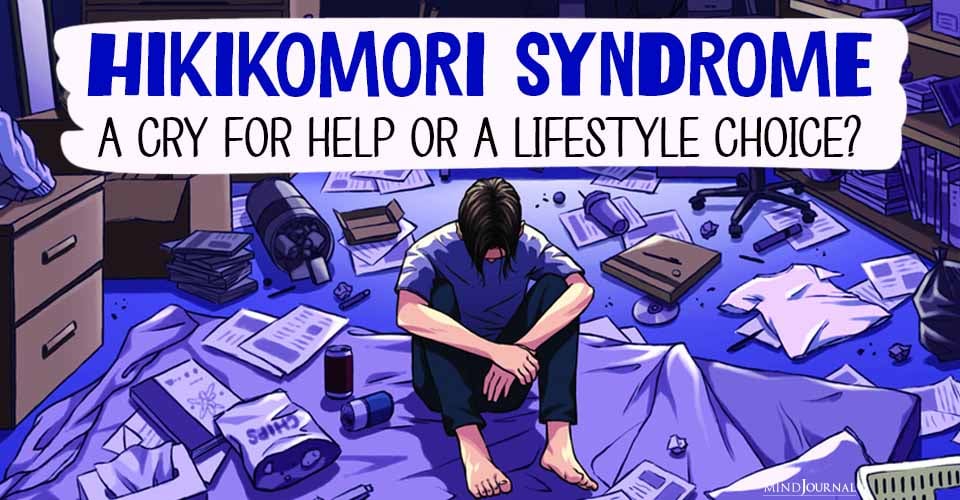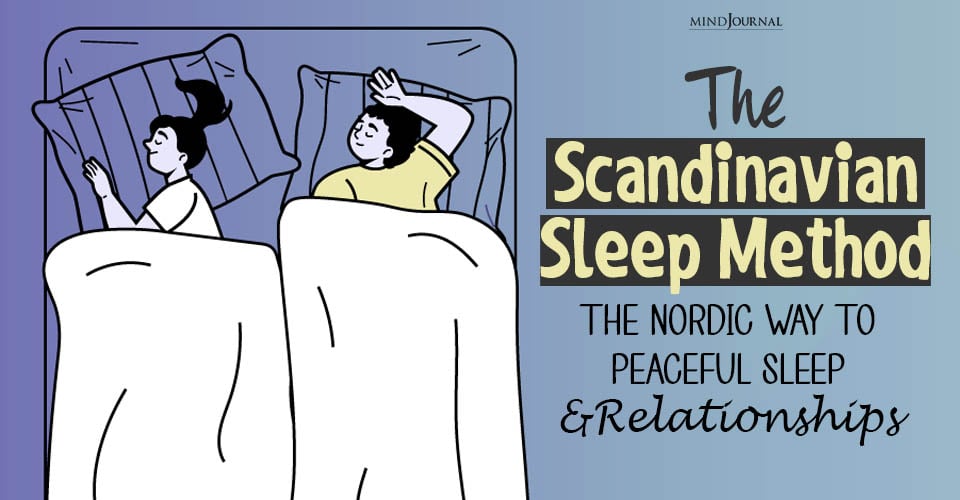Sleeping well every night is crucial when it comes to having better physical and mental health. Read on to know more about how to get good sleep and some useful tips for a good night’s sleep.
Key Points:
- Maintaining your mental health and addressing anxiety during the day will help limit repetitive thoughts that keep you up at night.
- Establish a healthy, consistent routine and limit screens before bedtime.
Sleep is the foundation of it all. How you sleep is a good indicator of how you are functioning overall and caring for yourself. If you find it hard to fall asleep or stay asleep, think about what you do or don’t do to set yourself up for a refreshing slumber.
If you find that your mind is constantly racing at night, this is an indication that you have some work to do during the day.
Identify the themes of your anxieties and begin to understand why they were created and if you tend to suppress them or take action. More than likely, some aspect of your life requires attention or is craving a change.
Related: Good Sleep Habits: 7 Steps To Getting The Sleep Your Mind And Body Needs
5 Helpful Tips For A Good Night’s Sleep
1. No screens at least 30 mins before bed (what will you replace this time with?)
Even if you have your blue light screen filter on, changing quickly from screen to screen is incredibly stimulating and counteracting the melatonin released to help prepare you for sleep.
If you must watch something, try a good old fashion show on the actual television. Try one that is slower-paced with character development. One that doesn’t intensify your senses as you are trying to wind down for the evening.
2. Avoid caffeine and sugar during the second half of the day
The issue may not be falling asleep, but the quality of sleep is compromised by sugar and caffeine. This can leave you feeling unrested and ‘foggy’ in the morning.
If you have an unavoidable sweet tooth, try enjoying your treat mid-day and eating fruit in the evening if that craving resurfaces.

3. Take a break from alcohol
Again, you might go to sleep without any problems after drinking, but only to find yourself awake two to three hours later. Your body is metabolizing the sugar from the alcohol, which disrupts your sleep cycles and affects how you feel in the morning.
Related: How To Have Good Sleep: 20 Tips For A Better Sleep That Don’t Require A Prescription
4. Connect with your body: Stretch and take several deep breaths
This mindfulness practice encourages you to end the day with connection and validation. Scan your body and notice any areas that may need extra attention or gratitude. Your thoughts directly impact how your body functions and how quickly you can heal and recover.
5. Reflect on your day: What was your sweet, sour, and service?
This practice of gratitude is simple and can be done individually or perhaps with family or friends.
Your sweet was the best part of your day, something that generated positive feelings and thoughts. Your sour was the worst part of your day or something you could have done without. Your service was an act of kindness or an example of how you helped someone. Don’t forget to pay gratitude to someone who may have been kind to you or helped you during the day as well.
These reflections remind us that our days are composed of many experiences that can trigger a variety of feelings. You can always find a positive or something to be thankful for.

Check-in with yourself and complete your tasks during the day to avoid rapid thoughts and outlets for worry. Throughout the day, we have every opportunity to distract ourselves; at night, these options significantly decrease. If we consistently neglect to check in with ourselves, the suppressed worries, feelings, or thoughts have the opportunity to resurface and fight for your attention at night.
Try keeping a notepad and pen by your bedside and when those pesky thoughts interrupt your sleep, jot them down and make time to process them the next day.
This way, you are acknowledging the thought, but not engaging in it because it is time to sleep. It takes practice to set such boundaries with yourself, but keep at it, and don’t forget to circle back the next day and process.
Another option is to add logic to your worry. Ask yourself, “What actionable step can be taken in the middle of the night?”
Related: Tips For Good Sleep: How To Sleep Better When You Have Insomnia
In most cases, there are not many options that help confirm that now is not the time to engage or be effective. This question also adds perspective and productivity to your worry.
Manage your expectations: You can only control how you set yourself up for sleep, but it is not a given that you will sleep like a baby on day one. Be patient and view this process as an experiment.
You will need to make observations and adjustments as needed. Sleep is your built-in ‘reset.’ Make it a priority, and you’ll be amazed at how it positively affects how you feel and respond during the day.
Want to know more tips for a good night’s sleep? Check this video out below!
Written By Leah Marone LCSW Originally Appeared On Psychology Today










Leave a Reply